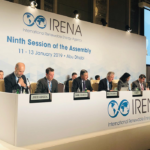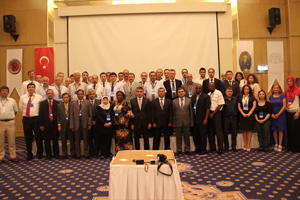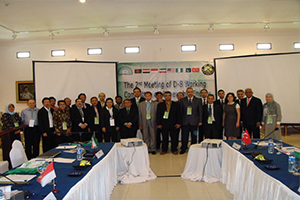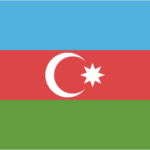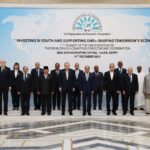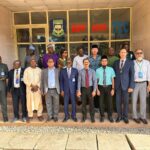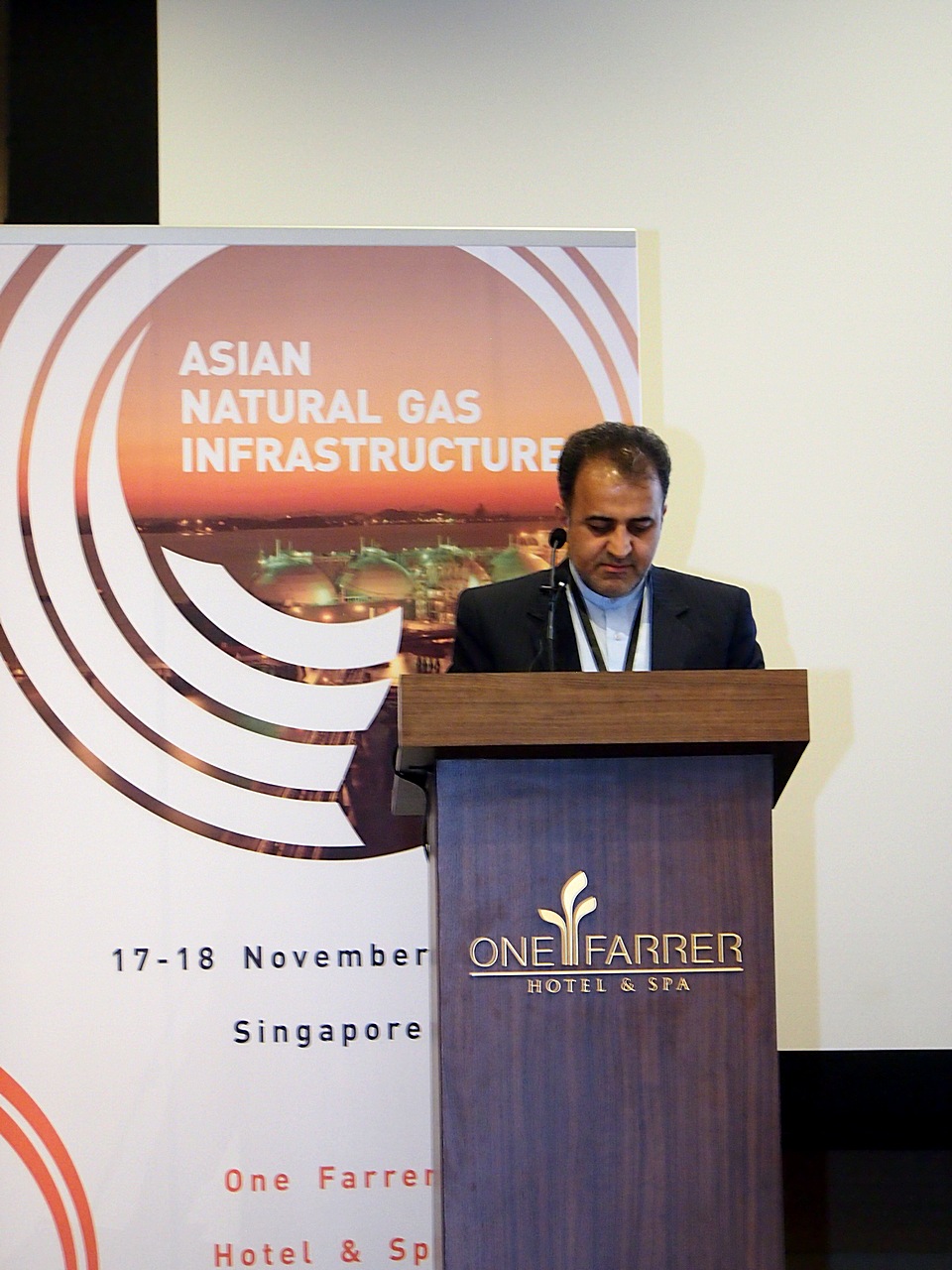
At the Conference Dr. Mousavi presented paper on Potential and Strategies of the D-8 Member States in energy cooperation. He informed that energy sector is considered as one of the priority areas of cooperation in the D-8. Currently, there are three working groups under the energy cooperation namely Working Group (WG) on Energy, renewable Energy and Mining and Minerals. There are a lot of potential among the D-8 Member States including cooperation in the energy sector because D-8 member States are not only rich with natural resources and high population, but also has a vast potential for development, given large amounts of land, abundant inexpensive and skilled labor, diversified human capital and a large market of more than 1 billion people.
Dr Mousavi highlighted that for the renewable energy, total D-8 Member States production is 65,740 MW. The Republic of Turkey is the biggest producer among the D-8 Member States with total production of 28,073 Mega Watt (MW) in 2014 or 43 per cent of the total D-8 Member States. The second is Islamic Republic of Iran with total production of 10,984 MW (17 percent), followed by Republic Indonesia 7,895 MW and the Islamic Republic of Pakistan with production capacity of 7,834 MW (12 per cent) respectively. For hydropower, total production of hydropower is 55,674 MW. Republic of Turkey is having the highest amount of capacity with total capacity of 23,643 Mega Watt (MW) in 2014 or 42 per cent of the total D-8 Member States followed by Islamic Republic of Iran with total capacity of 10,850 MW (19 percent), and Republic of Indonesia with the total production capacity of 5,166 MW (9 per cent).
For crude oil, total production of crude oil is at 8,240 thousand barrels per day. The Islamic Republic of Iran is the largest crude oil producer with total amount of 3,375 thousand barrels per day or 41 per cent of the total production of the D-8 Member States followed by Federal Republic of Nigeria with total production of 2,427 thousand barrels per day (29.5 per cent), and Republic of Indonesia with production of 911 thousand barrels per day (11 per cent). For dry natural gas production, production of dry natural gas amounted to 15,624 billion cubic feet. The Islamic Republic of Iran is the largest natural gas producer among the D-8 Member States with total amount of 5,360 billion cubic feet or 34 per cent of the total production of the D-8 Member States followed by Republic of Indonesia with total production of 2,692 billion cubic feet (17.2 per cent), and Malaysia 2,179 billion cubic feet (14 per cent).
Dr. Mousavi said that, in order to enhance cooperation in the energy sector, D-8 needs to formulate new strategies, policies and measures and making joint efforts at overcoming basic problems of the D-8 Member States to achieve economic development, hence progressing economic development and social welfare. Among other strategies in the energy sector are through sharing of information, experience and best practices on policies and programs in energy efficiency, energy conservation, renewable energy technologies and rural electrification, joint research, exploration and production of alternative energy resources and establish a uniform format for database of energy experts and institutions.










